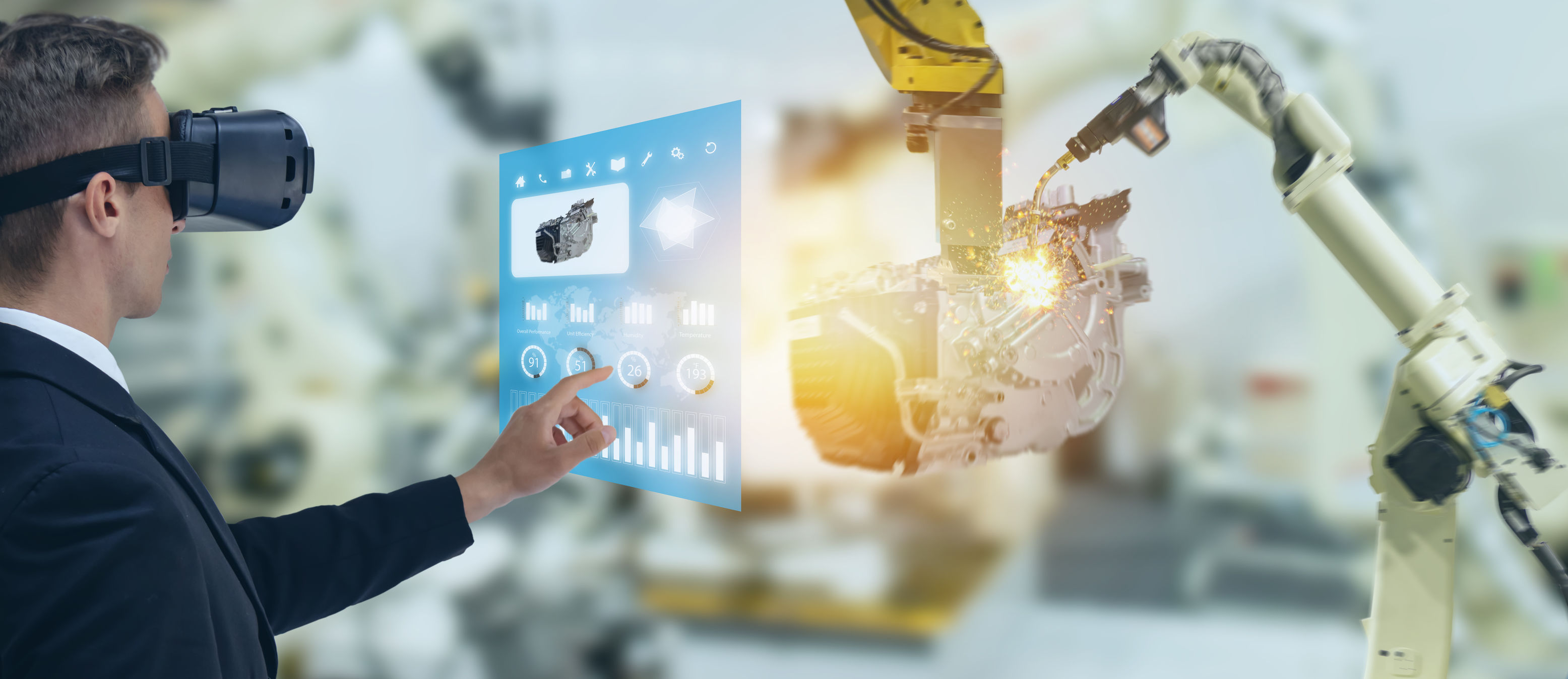What is meant by industry 4.0, what does it mean and how is it implemented in practice? In this article we will go into more detail on a topic on the agenda for those companies that wish to operate in a functional way and above all in step with the times.
Industry 4.0 indicates the tendency of production activities to implement processes aimed at industrial automation associated with new technologies to optimize and increase production, reduce waste, and improve overall working conditions.
The concept of Industry 4.0 takes its name from a German initiative presented during the 2011 Hannover Fair, which was then materialized in 2013. It was in fact a project, also supported by the local government, which included investments in infrastructures, schools, energy systems, research institutions and companies whose purpose was to modernize the production system and bring it back to the top of the world. The excellent results obtained have given rise to the concept of the fourth industrial revolution which, in the wake of the successes achieved by Germany, has also led other Countries to undertake this path, including Italy.
The concept of smart factory
The concept of smart factory is the cornerstone around which industry 4.0 revolves. It is divided into:
- Smart production, i.e., innovative production technologies, perfect cohesion between operator, machine and instrumentation
- Smart service, the indispensable IT infrastructures and integrated systems capable of guaranteeing communication and management even remotely
- Smart energy, the concept of energy saving and use of sustainable resources is also very important.
Having said this, the existence of a smart factory is therefore essential to create 4.0 industries. Adapting is an indispensable process if you want to optimize the economic gains of companies, but also, on the other hand, to compete with your competitors by being in step with the times and with the innovation that characterizes our times.
Industry 4.0 enabling technologies
When talking about industry 4.0, it is important to consider the nine enabling technologies identified by the Boston Consulting Group:
- Advanced manufacturing solution, interconnected and modular systems that allow flexibility and performance optimization, from automatic handling systems to advanced robotics.
- Additive manufacturing, production systems that maximize the efficiency and consumption of materials.
- Augmented reality, use of vision systems to improve and guide operators in the performance of their work.
- Simulation, to simulate the machining between interconnected machines.
- Horizontal / Vertical integration, exchange of information between all the players involved in the production process.
- Industrial internet, communication between all production elements both internal and external using networks (possibly at high speed).
- Cloud, implementation of technologies for online storage, as well as latest generation management systems.
- Cyber security, necessary if you work on the network, in order to protect all connections, avoiding computer theft of information, even if strictly confidential.
- Big data analytics, management techniques that involve the use of software that help in developing forecasts and predictions.
How to transform your business into an industry 4.0?
It is a process to be carried out supported by professionals, but it is important to remember as a starting point, the three key points of the smart factory that affect production technologies, IT infrastructures and attention to the energies used, both in terms of sustainability and savings.
From this point, it will be, then, necessary to study useful investments to implement these transformations within the company, involving it at 360 degrees, improving performance and yield, but also the finished products. In conclusion, a transition to an industry 4.0 is now essential using all the tools that are useful for accomplishing this evolution.


